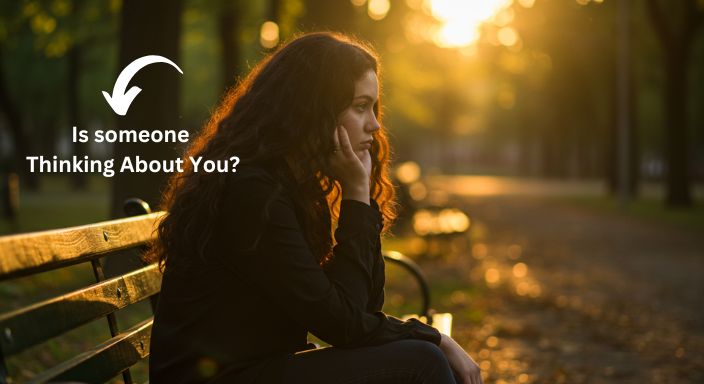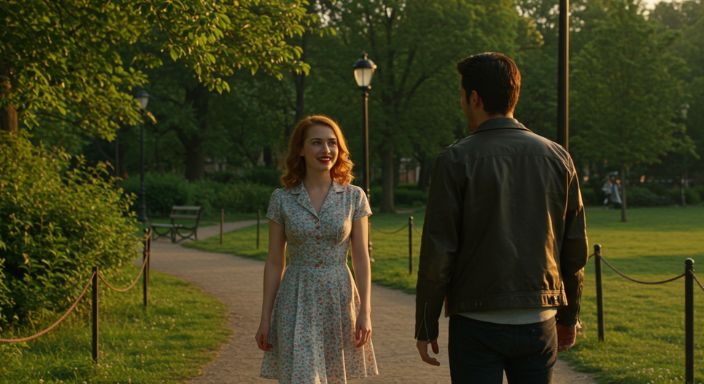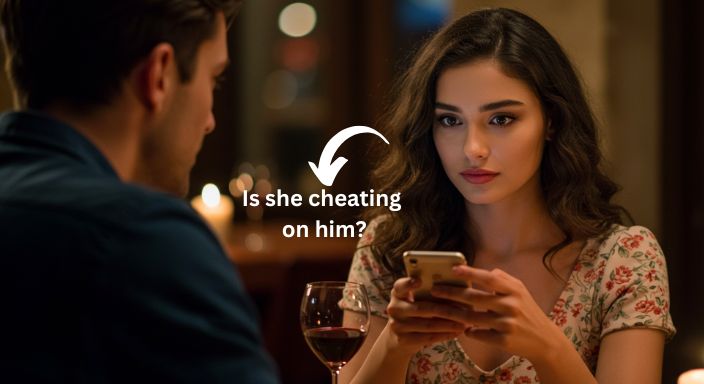The Science Behind Feeling Like You’ve Lived a Moment Before

Have you ever been in a situation where everything feels strangely familiar, as if you’ve already experienced it before? This mysterious phenomenon is called Déjà Vu, a French term meaning “already seen.” It’s a common experience, but the reason behind it has puzzled scientists for years.
What is Déjà Vu?
Déjà vu is the sudden and intense feeling that a new situation is something you’ve already lived through, even though logically, you know it’s impossible. It happens randomly and lasts only a few seconds, but it can leave you wondering: “How is this possible?”
Scientific Theories Behind Déjà Vu
While there’s no single proven explanation, researchers have suggested several possible reasons for déjà vu:
1. Memory Glitch in the Brain
One leading theory suggests that déjà vu happens when your brain mistakenly processes new information as a memory. The hippocampus, the part of the brain responsible for storing and retrieving memories, sometimes misfires, making something new feel like it has already happened.
🔹 Fact: Studies have found that déjà vu is more common in people with highly active memory systems.
2. Fast and Slow Brain Processing
Your brain processes information in different ways, sometimes using two separate pathways. If one pathway processes the information slightly slower than the other, your brain might register the experience twice—once as a real-time event and again as if it were a memory. This creates a false sense of familiarity.
🔹 Example: It’s like when you hear an echo of your own voice in a phone call—one version reaches you slightly after the other.
3. Hologram Theory of Memory
Some scientists believe memories are stored in a holographic way, meaning even a small part of a memory can trigger the feeling of a full experience. If you see, smell, or hear something similar to a past memory, your brain might retrieve an old experience and mistakenly connect it to the present.
🔹 Example: You walk into a café with the same scent as your childhood home. Your brain links this new place to old memories, making it feel oddly familiar.
4. Dreams and Subconscious Memories
Sometimes, déjà vu happens because you’ve dreamed of a similar situation before, but you don’t remember it consciously. Your subconscious mind recalls the dream when you experience something similar in real life, creating the illusion that you’ve lived it before.
🔹 Fact: A study found that people who remember their dreams well experience déjà vu more often than those who don’t.
5. Neural Delays and Glitches
Another theory is that déjà vu happens when there’s a tiny delay in how the brain processes an image. One eye or ear might send information to the brain a fraction of a second before the other, making the brain register the moment twice. This can cause the feeling that you’ve already experienced it before.
🔹 Example: It’s like when a video lags for a second and then catches up—it feels like you saw the same frame twice.
Who Experiences Déjà Vu the Most?
Déjà vu can happen to anyone, but studies show it’s more common in:
- Young adults (15-25 years old) – Their brains process new experiences quickly, increasing the chances of errors.
- Frequent travelers – Seeing new places often triggers familiarity with past experiences.
- People under stress or fatigue – A tired brain is more likely to make memory errors.
- People who play video games – Some studies suggest gamers experience déjà vu more because their brains often process virtual and real environments in similar ways.
Does Déjà Vu Have a Connection to the Paranormal?
Some people believe déjà vu is a sign of past lives, parallel universes, or psychic abilities. However, there is no scientific evidence to support these claims. Most research shows déjà vu is simply a brain function, not a supernatural event.
Is Déjà Vu a Sign of a Brain Problem?
For most people, déjà vu is completely normal. However, frequent déjà vu (several times a day) can be a sign of neurological conditions like temporal lobe epilepsy. If it happens too often and comes with headaches, confusion, or seizures, it’s best to see a doctor.
Final Thoughts
Déjà vu remains one of the most fascinating psychological mysteries. While it feels like a glimpse into another timeline, science suggests it’s just a small glitch in how our brain processes memories. Next time you experience déjà vu, you’ll know it’s just your brain playing tricks on you—but it still makes life feel a little more magical!










